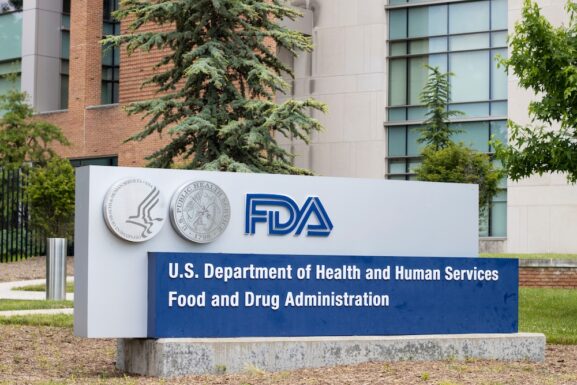California’s Largest Psychedelic Church to Shut Down
The largest psychedelic church in the world, Zide Door, has been forced to close its Oakland location. In a press release from Dave Hodges, the church’s founder, “Zide Door, the psychedelic church garnering national recognition for its devotion to the spiritual power of psilocybin mushrooms, will close its San Francisco location by the end of this year—the victim of a city planning department bent on expelling the institution.”
This development comes after years of legal and community challenges. How does this decision affect the broader push for legal psychedelics? What does it mean for those seeking spiritual experiences with these substances?
Looking for treatment? Find ketamine clinics closest to you as well as other psychedelic therapies in your area.
A Church or a Dispensary?
Zide Door, which claims to have over 120,000 members, operated under the banner of the Church of Ambrosia, framing the use of psychedelics as a spiritual sacrament. However, local officials and law enforcement saw things differently. The church faced accusations of running an unlicensed dispensary. This tension culminated in a police raid in 2020, where authorities confiscated cash and substances, including psilocybin and cannabis.
For years, Zide Door has maintained that its activities align with religious freedom protections. Yet, Oakland officials cited zoning and licensing violations. The church’s founder, Dave Hodges, argued that these substances foster profound spiritual experiences. Is this a case of religious freedom under threat, or a business skirting regulations?
New: Interested in Being Part of a Psychedelics-Focused Clinical Trial? Sign Up Here
Legal Loopholes and Unanswered Questions
California’s legal landscape for psychedelics remains murky. While Oakland decriminalized plant-based psychedelics in 2019, commercial sales remain illegal. Zide Door’s closure highlights the gap between decriminalization and full legalization. Does this incident reflect broader societal resistance to mainstreaming psychedelics, or is it simply a matter of law enforcement?
For proponents of psychedelic-assisted therapy, the case raises concerns about how emerging policies will handle religious and therapeutic use. Could this discourage other organizations from pushing boundaries, or will it inspire reform?
Psychedelic AI is Here! Try out the beta version of HealingChat, HealingMaps AI chatbot that takes all our vetted content, clinics and retreats to answer all your questions in a safe environment. Try the beta version now!
The Broader Implications
This closure comes at a time when public attitudes toward psychedelics are shifting. Psychedelic-assisted therapy is gaining attention for its potential to treat mental health conditions. Cities like Denver and states like Oregon have taken steps toward legalization. However, the Zide Door case reminds us that progress is not always straightforward.
What does this mean for the psychedelic movement? As legalization efforts gain momentum, stakeholders may need to clarify how spiritual and medical use can coexist. The questions raised by Zide Door’s closure will likely shape ongoing debates.
What do you think about this intersection of spirituality and psychedelics? Does this case represent a setback or an opportunity for the movement?



